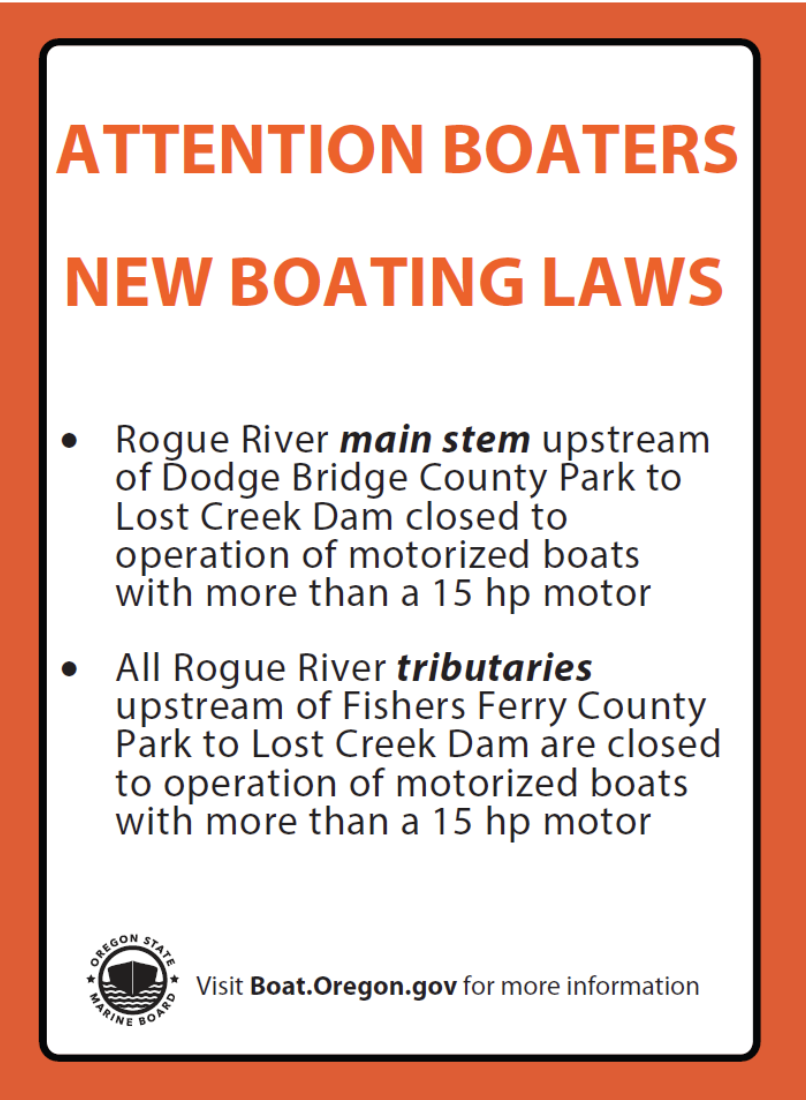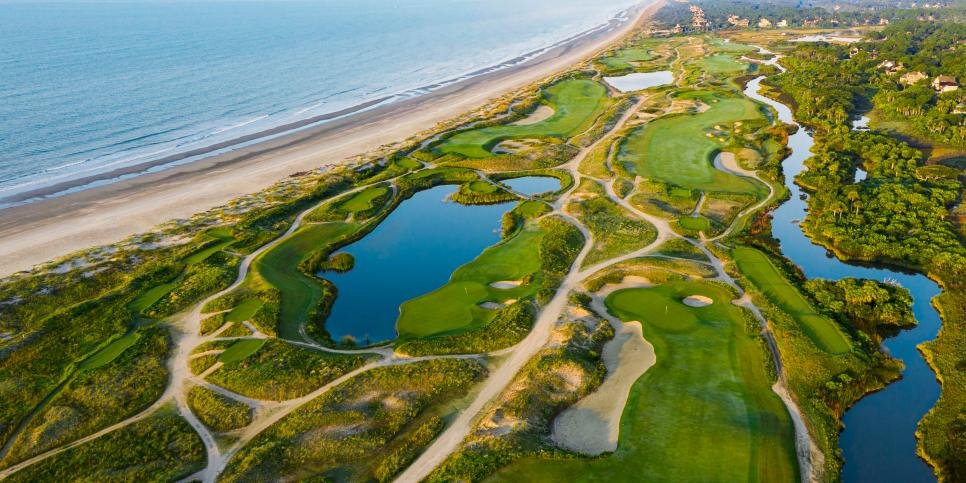For those of us who live and breathe the saltwater air, the phrase by the ocean clean is not just a pleasant thought; it’s a call to action, a guiding principle for our passion. The health of our marine playgrounds is directly linked to our actions on the water. As boaters, kayakers, and marina dwellers, we are the frontline guardians of the aquatic world. This guide moves beyond the surface-level advice, diving deep into the practical, impactful ways we can address marine pollution and champion sustainable boating. It’s about ensuring the vibrant blue that calls to us today remains just as brilliant for generations to come, transforming our community into a powerful force for ocean conservation.

Understanding Our Impact: The Boater’s Footprint on Marine Health
It’s easy to feel like a single boat is just a drop in the vast ocean, but the collective footprint of the boating community is significant. Every journey we take has the potential to leave a mark, for better or for worse. The most visible issue is plastic and solid waste, the stray bottle or bag that goes overboard, but the less visible threats are often more insidious. Small, persistent fuel or oil leaks from a poorly maintained engine can release harmful hydrocarbons into the water. The cleaning products we use to keep our vessels sparkling can introduce phosphates and other chemicals that disrupt delicate ecosystems. Even the act of docking and managing our space requires awareness; the health of our waters starts right at the dock, in places like the well-regarded mizner marina, where community standards can make a huge difference.
According to marine biologist Dr. Aris Thorne, “Many boaters are shocked to learn that the cumulative effect of seemingly minor chemical runoff from a single marina can create a ‘dead zone’ on the seafloor below, smothering life with a cocktail of detergents, fuel residue, and antifouling paint toxins. It’s the death by a thousand cuts principle.”
This isn’t about pointing fingers; it’s about raising awareness. Understanding these impacts is the first step toward mitigating them. It empowers us to make conscious choices, transforming our daily boating habits into acts of stewardship. The responsibility we hold extends from the open water right back to our individual boat slip, where thoughtful practices become the foundation of a healthier marine environment. Every decision, from the type of soap we use to how we manage our waste, ripples outward.

What Does It Mean to Practice Sustainable Boating?
Practicing sustainable boating means operating your vessel in a way that minimizes negative environmental impact while maximizing your enjoyment of the water. It’s a holistic approach that encompasses everything from the products you bring aboard to the way you interact with marine life and habitats. It’s about shifting your mindset from simply using the water to coexisting with it, recognizing that we are guests in a vast, interconnected ecosystem. This philosophy is about proactive prevention rather than reactive cleanup, ensuring our presence enhances, rather than detracts from, the natural beauty around us.
This proactive stance involves a deep respect for the environment. It means diligently preventing any discharge, whether it’s sewage, greywater, or oil. It involves choosing gear and supplies that are less harmful, such as non-toxic cleaners and zinc-based sunscreens. It also means navigating with care to avoid damaging sensitive seabeds with an anchor or creating a wake that erodes shorelines. Ultimately, sustainable boating is the tangible application of the desire to keep our world by the ocean clean, making it a core part of the boating experience itself.

Practical Steps for Keeping Our Waters By The Ocean Clean
Moving from theory to practice is where real change happens. Integrating a few key habits into your routine can dramatically reduce your environmental footprint. These aren’t drastic overhauls but rather a series of small, conscious adjustments that, when adopted by the wider community, create a tidal wave of positive change.
The “Leave No Trace” Philosophy on the Water
The golden rule of the outdoors applies just as much, if not more, to the marine environment. Everything you bring out with you must come back with you. Before leaving the dock, take a moment to secure all loose items—coolers, bags, hats, and equipment. A sudden gust of wind is all it takes to turn a piece of gear into marine debris. Designate a specific spot on your boat for trash and recyclables and ensure it’s a closed container that won’t spill its contents if the ride gets choppy. This simple discipline is one of the most effective ways to combat the plastic plague affecting our oceans. This responsibility extends to all watercraft users, from large yachts to smaller, more personal vessels like tablas inflables para el agua, as every individual plays a part.
Choosing Eco-Friendly Cleaning and Maintenance Products
The “boat soap” aisle can be a confusing place, but making the right choice is critical. Look for products that are biodegradable, phosphate-free, and non-toxic. Traditional cleaners contain harsh chemicals that are devastating to aquatic life. Simple alternatives like vinegar and water can work wonders for many cleaning tasks. When it comes to hull maintenance, explore copper-free, non-ablative antifouling paints. These modern alternatives are designed to be less harmful to the marine environment while still effectively preventing marine growth. Every time you wash your boat, you are essentially rinsing products directly into the ecosystem, so choosing wisely is a powerful act of conservation.
Responsible Fuelling and Engine Care
The iridescent sheen of a fuel spill is a sight no boater wants to see. Prevention is paramount. Always fill fuel tanks slowly and carefully, using an absorbent pad or “bib” around the fuel intake to catch any drips. Never top off your tank; leave about 5-10% empty to allow for thermal expansion and prevent overflow. Regular engine maintenance is not just about performance; it’s about environmental protection. A well-tuned engine is more fuel-efficient and less likely to leak oil or other fluids. Installing a bilge sock or oil-absorbent pads in your bilge is a cheap and effective insurance policy against accidental discharge of oily water.
Mindful Anchoring and Mooring Techniques
The world beneath the waves is just as important as the one we see. Fragile habitats like seagrass beds and coral reefs are vital nurseries for countless marine species, and they can be destroyed in seconds by a carelessly dropped anchor. Always try to anchor in sand or mud, away from sensitive areas. When you’re unsure of the bottom composition, consider using a mooring buoy if available. If you must anchor near a reef, motor up to your anchor when retrieving it rather than dragging it across the seabed. This careful approach ensures that we can enjoy beautiful anchorages without leaving a scar behind.
Beyond Your Own Wake: Joining the Wider Ocean Conservation Movement
Individual action is the foundation, but collective effort is what builds a legacy. Your role as a steward doesn’t end when you tie up at the dock. There are countless ways to amplify your impact and become a leader in the movement to keep our waters pristine.
As Dr. Thorne often remarks, “The most powerful tool for conservation isn’t a government regulation; it’s a motivated community. When boaters start educating each other, sharing best practices, and organizing their own cleanup events, they become an unstoppable force for good.”
Look for opportunities to participate in local beach or waterway cleanups. Many marinas and yacht clubs organize these events, and they are a fantastic way to make a visible difference and connect with like-minded individuals. Getting the whole family involved, perhaps in a kayak de 4 personas, is a fantastic way to teach the next generation about ocean stewardship firsthand. You can also support national and international organizations dedicated to ocean health through donations or volunteering. Use your voice in the community to advocate for sustainable practices at your local marina, such as better recycling facilities or the installation of a pump-out station. Your passion for boating can inspire others, creating a ripple effect that extends far beyond your own wake.
Embracing this stewardship is not a burden; it is an enhancement of the boating lifestyle. It deepens our connection to the water, adding a layer of purpose to every outing. By adopting these practices and encouraging others to do the same, we collectively ensure that the beauty and vitality of our oceans endure. We actively choose to live by the ocean clean, safeguarding our shared paradise for all who come after us.
Reviews
Arthur Pendelton
★★★★★
An absolutely essential read. As someone who has been sailing for over 40 years, I’ve seen the changes in our waters firsthand. This article doesn’t just preach; it provides common-sense, actionable steps that every single boat owner can and should implement immediately. The focus on responsible products and anchoring techniques is particularly well-handled.
Isla Martinez
★★★★★
As a marina manager, I wish I could make this required reading for every one of our members. It perfectly articulates the connection between individual responsibility at the slip and the overall health of the marine environment. We’ve been pushing for more eco-friendly practices, and this guide provides the “why” in a way that is both compelling and easy to understand.
The O’Connell Family
★★★★☆
We’re relatively new to boating and this was incredibly helpful. We were so focused on learning navigation and safety that we hadn’t given enough thought to our environmental impact. The section on “Leave No Trace” really hit home, and we’ve already bought a new secure trash container for our boat. Simple, practical advice that makes a difference.
Liam Fraser
★★★★★
Excellent perspective. I’m mostly a kayaker and paddleboarder, and it’s great to see an article that speaks to the entire water-loving community, not just big boat owners. The principles of mindful interaction with nature are universal. It’s a reminder that we’re all in this together, sharing the same water and the same responsibility.
Chloe Chen
★★★★★
I just purchased my first small runabout and was feeling a bit overwhelmed. This article broke down the environmental aspect into manageable pieces. I especially appreciated the expert quote from Dr. Thorne—it adds a lot of credibility and urgency. Feeling much more confident about being a responsible boater now.


